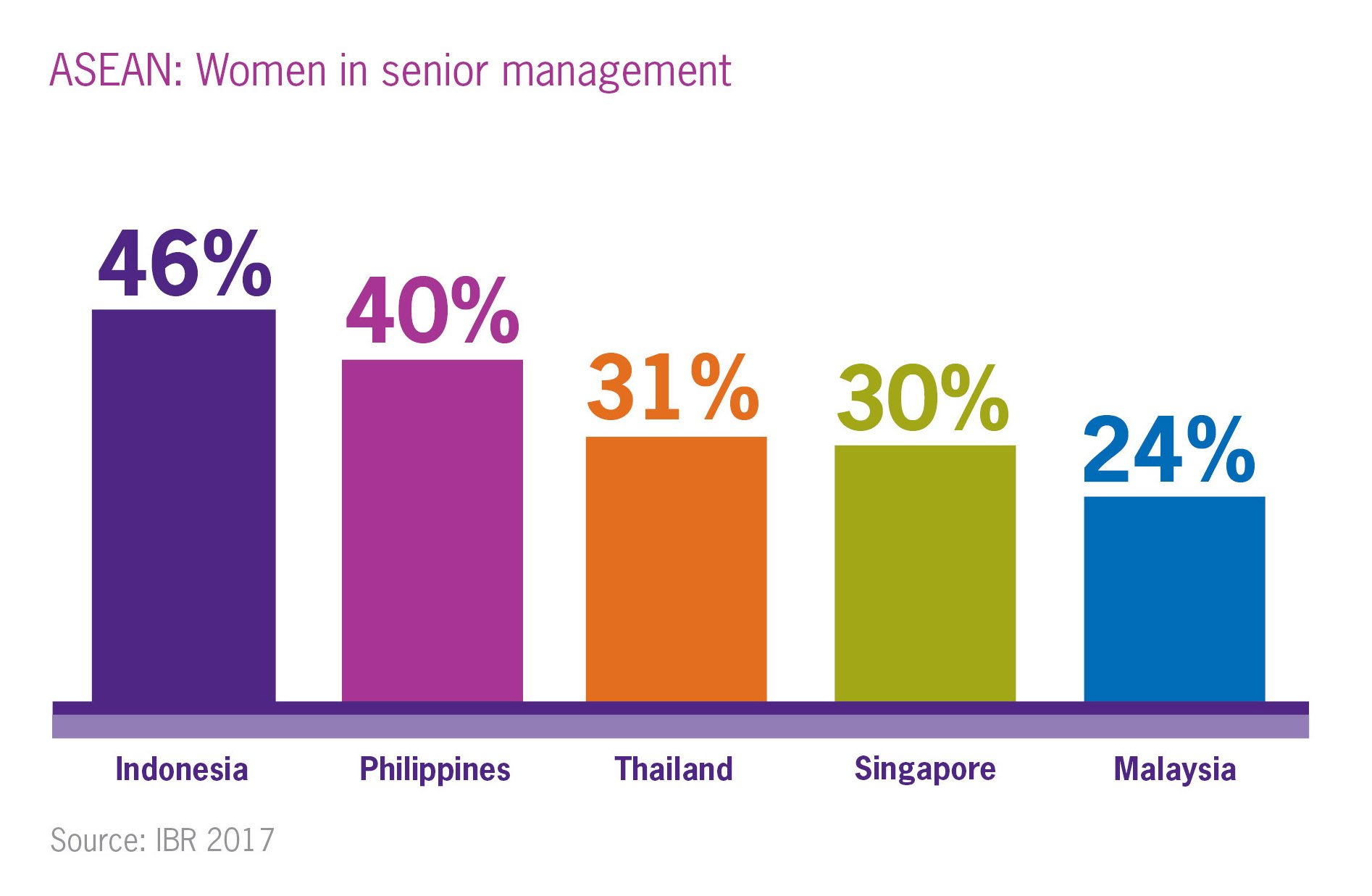-
Audit approach
Designing a tailored audit programme customised for your business, we will combine the collective skill and experience of assurance professionals around the world to deliver an audit that is efficient and provides assurance to your key stakeholders.
-
Audit methodology
At Grant Thornton we use a single audit methodology (LEAP) across our global network. This means that our clients get a consistent, high-quality approach wherever they are.
-
MFRS
At Grant Thornton, our MFRS advisers can help you navigate the complexity of financial reporting.
-
Our local experts
Our local experts
-
Tax advisory & compliance
Our teams can prepare corporate tax files and ruling requests, support you with deferrals, accounting procedures and legitimate tax benefits.
-
Corporate & individual tax
Our teams can prepare corporate tax files and ruling requests, support you with deferrals, accounting procedures and legitimate tax benefits.
-
International tax & Global mobility services
Our teams have in-depth knowledge of the relationship between domestic and international tax laws.
-
Indirect tax
Our indirect tax specialists help clients in effective planning; assist to bring clarity to the legislation; assist and advise in audits or investigations. It is important for all entities, whether or not required to register for Sales Tax or Service Tax to analyse the impact of the taxes on their business operations, their revenues and expenses, and their customers and suppliers.
-
Tax audit & investigation
Tax audit and investigation
-
Transfer pricing
Transfer pricing
-
Corporate finance
Whether you are raising capital, disposing of a business or seeking a wider market for your company's shares on a stock market, we are ready to help make it a successful and stress-free experience for you.
-
Business consulting
Our business consulting services help organisations improve operational performance and productivity throughout the growth life cycle.
-
Recovery and reorganisation
We provide a wide range of services to recovery and reorganisation professionals, companies and their stakeholders.
-
Business risk services
We can help you identify, understand and manage potential risks to safeguard your business and comply with regulatory requirements.
-
Forensic and investigation
We take a 360-degree view of your situation using our deep experience, industry specialization and global reach to help you get to the core of the issue with a full service portfolio of capabilities.
-
Our values
We have six CLEARR values that underpin our culture and are embedded in everything we do.
-
Learning & development
At Grant Thornton we believe learning and development opportunities help to unlock your potential for growth, allowing you to be at your best every day. And when you are at your best, we are the best at serving our clients
-
In the community
Many Grant Thornton member firms provide a range of inspirational and generous services to the communities they serve.
-
Internship
Internship
This is the second consecutive year of having the least senior business roles held by women in ASEAN
Kuala Lumpur, 8 March 2017 - On International Women’s Day, a new report based on Grant Thornton’s annual survey of 5,500 businesses in 36 economies reveals that Malaysia has the lowest proportion of senior business roles held by women in ASEAN.
24% of senior business roles are held by women in 2017, down from 26% last year and 34% of businesses have no women in senior management, up from 31% last year.
In the ASEAN region, Indonesia has the highest proportion of senior business roles held by women (46%), followed by Philippines (40%), Thailand (31%) and Singapore (30%). Malaysia has the least senior business roles held by women at 24%.

Dato’ NK Jasani, Country Managing Partner of Grant Thornton Malaysia said: “This is the second consecutive year of having the least senior business roles held by women in ASEAN. The percentage of businesses with no women in senior management has hit a new high. The numbers have been increasing since 2012 from 21% and it is in its highest in 2017 at 34%.”
The proportion of senior business roles held by women in ASEAN has risen from 34% in 2016 to 36% in 2017. However, the percentage of businesses with no women in senior management across ASEAN has also risen, from 27% in 2016 to 21% in 2017.
Globally, 25% of senior roles are held by women, which is an increase from last year (24% in 2016) and the highest level since 2004 when the survey began. However, the proportion of businesses with no women in senior management has also risen. 34% of businesses around the world have no women in senior management (33% in 2016).
The research reveals that the individual countries with the highest proportion of senior roles held by women are Russia (47%), Indonesia (46%), Estonia (40%), Poland (40%) and Philippines (40%). The countries with the lowest proportion of senior roles held by women are Japan (7%), Argentina (15%), India (17%), Germany (18%), Brazil (19%) and the United Kingdom (19%).
Dato’ NK Jasani commented: “This year businesses across ASEAN have increased the proportion of senior roles held by women. However, we are still only halfway there, and with the percentage of businesses with no women in senior management also rising it feels as if we’re taking one step forward and one step back. This is a real concern for business growth as it suggests we aren’t maximising the potential out there.
Companies today need to be more productive, more innovative and in many ways more open if they are to grow. Diversity will be key to their success. Those that remain closed are putting themselves at risk of not tapping in to their full potential, and losing access to diversity of thinking.”
How men and women see and respond to risk
Grant Thornton’s report highlights that the increase in businesses without gender diversity in senior management comes at a time when companies face increasing levels of uncertainty. It explores the role of gender when it comes to spotting and managing risks, by either seizing the opportunity or managing the threat that risk can bring.
The research shows that men and women see risks and opportunities through a different lens, which provides a diversity of thinking when combined together. The data reveals that women overall see lower levels of risk when considering aspects of organisational and commercial life such as political or economic change, as well as lower levels of opportunity. Women are also less inclined than men, according to the survey, to take action in the face of an unforeseen risk that threatens their organisation’s commercial performance.
Dato Jasani said: “Our research challenges the presumption that women are risk averse and will therefore see high levels of risk in the business world. It suggests that women will not rush to label a situation as a risk and mitigate it. Instead, they will consider the context and nuance fully, and respond in ways that recognise the wider environment and the impact their decision will have on people as well as on the bottom line.
“Uncertainty is high on the business agenda in 2017 so these differences in approach and viewpoint can be a strength for companies. The international business environment has become more volatile, and the ability to manage uncertainty is becoming more important. Diversity of thinking at the senior level gives management teams a wider peripheral vision of what constitutes a risk and provides a more balanced approach for reacting to it, either as an opportunity or a threat. Gender diversity in firms’ decision-making teams could ultimately be the difference between reaping success or failure.”
Click here to download a copy of the latest Grant Thornton report, Women in Business 2017: New perspectives on risk and reward. [ 1401 kb ]
For more information please contact:
Sharon Sung, Technical and Corporate Affairs Partner
T +60 3 2692 4022

